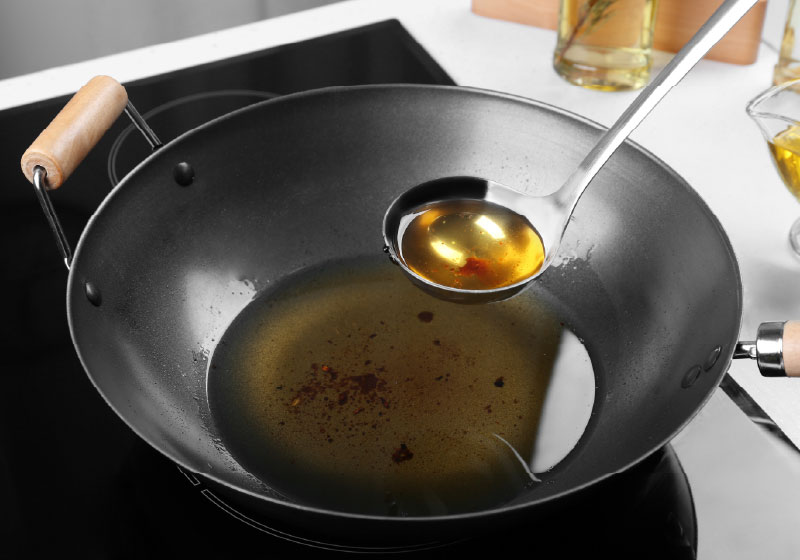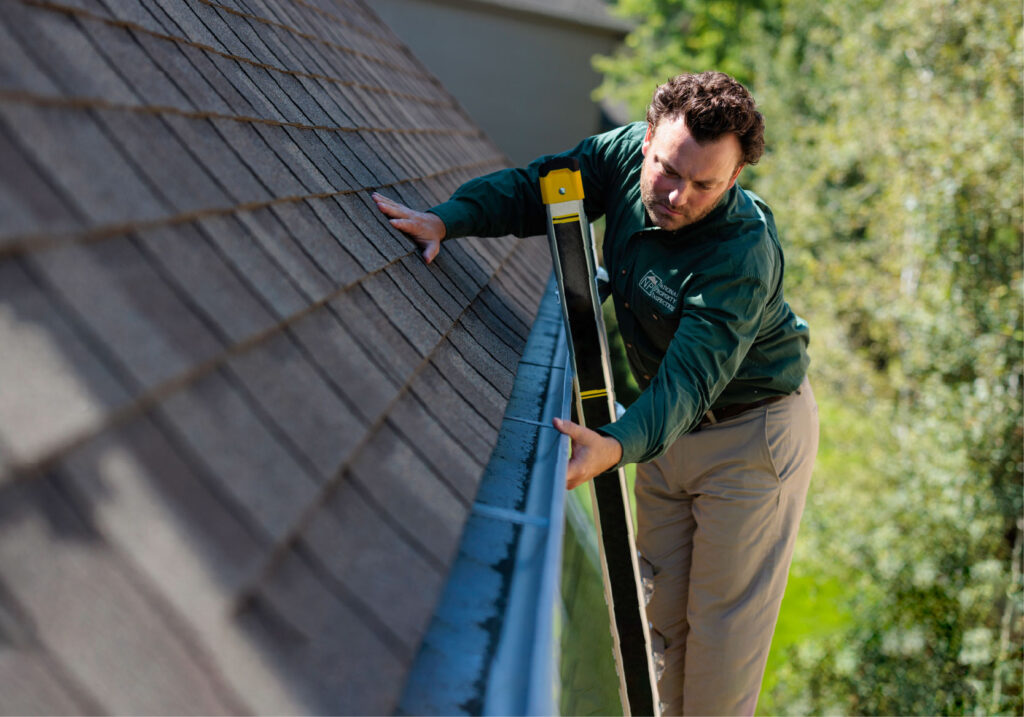Howdy, cooks!
Everyone has their signature dish or two, but whether you’re a casual cook, or a seasoned chef, there will undoubtedly come a time when you’re tasked with hosting a meal that may feel slightly beyond your level of experience. Whether heading into Thanksgiving, Christmas, or just a random shindig throughout the year, preparing larger meals can cause you to ask yourself, “Do I even know what I’m doing?”
Well I’m here to tell you: YES! Unless you’re still dumping your grease, oil, or leftover fats down the drain, that is.
The truth is that fats, oils, and grease can cause a litany of problems for your city, your environment, and even your pocket book if they aren’t disposed of in the right way. So, before you switch on your oven and plug away at your next feast, let’s discuss exactly what happens when your cooking grease makes its way down the kitchen drain.
What Happens When Grease Travels Down the Drain?
When we discuss the issues with grease and drains, what we’re really talking about is fats, oils, and grease, also known as “FOG.” Common byproducts from cooking, FOG can come from meat, butter, lard, shortening, sauces, salad dressings, and vegetable oil (just to name a few sources).
Cooking with any of these ingredients will result in the production of a darker, often yellowish liquid similar to oil that builds up in your pots and pans. This oily substance transitions from liquid form at high temperatures before solidifying and congealing as the temperature drops within your plumbing. Why does this happen? In a word, chemistry!
FOG is made up of a few simple components, namely fatty acids and glycerol which react to the hard, mineral-rich water found within pipes and sewer lines by solidifying over time. Hard water primarily carries magnesium and calcium, among many other minerals, but it is this calcium that causes FOG to stick and stay in plumbing and sewer lines.
While this may seem obvious, solid fats, oils, and grease aren’t something that most homeowners want in their plumbing, and their neighbors certainly don’t want them to gather up in their shared municipal systems! Whether you run grease down your drain along with boiling water, dish soap, vinegar, baking soda, or even while running your garbage disposal, at some point that grease will solidify and create blockages. Blockages that can turn into massive clogs, aptly nicknamed “fatbergs.”
Once identified, cities can power wash away troublesome “fatbergs,” but this causes weeks of hard work, and if the behaviors that created them aren’t changed, these soapy masses are likely to form again.
The Costs of Pouring Grease Down the Drain
One major result of fats, oils, and grease building up in sewer systems is the potential for sanitary sewer overflows (or SSOs). According to the EPA, SSOs are unplanned releases of raw sewage due to issues in the sewer lines. In short, if sewage water struggles to find its way through sewer systems and pipes, that material will find somewhere else to go.
SSOs can send untreated or partially treated sewer water into local rivers or lakes, which can wreak havoc on local wildlife, community drinking water sources, and even your home’s systems. If you’ve ever heard of someone returning to their home only to find a horrible stench coming from their basement, there’s a decent chance that an SSO was the source of that headache.
Note: Another common cause of plumbing leaks can be tree root intrusion! During your next inspection, ask about sewer scopes to get a clear picture of the integrity of your plumbing.
Clogs can cause undue strain to any home’s plumbing systems as well, though a greener, fuller lawn as a byproduct probably wouldn’t justify any of these discharges and leaks. Removing clogs caused by fats, oils, and grease can cost hundreds of dollars when a plumber uses an auger tool, but costs from full pipe replacements can reach up to multiple thousands of dollars.
Whether because of the environmental drawbacks or because of the impact on our homes, the drawbacks of dumping grease down the kitchen sink are clear. Still, many homeowners struggle to break from this unfortunate habit. So, if you shouldn’t pour grease down the drain, what should you do?
How Should You Dispose of Grease?
The key to disposing of grease is to put it in the trash – not in the sink!
After cooking, gather any remaining fats, oils, and grease byproduct either into a reusable container, or into a disposable one (like a soup can). Allow the FOG to solidify, either by letting it cool off and dry out in the air, or by placing the container in the fridge. As you wait, go ahead and soak up whatever greasy substance is left over in your pots and pans with a paper towel before washing the dishes. Remember: Even if you’ve eliminated most of your cooking oil, small amounts can still add up to issues over time!
Once the grease left in your container is solid, toss that in the trash as well! Again, pouring boiling water down the drain does break up fats, oils, and grease so that it takes longer to solidify–that’s not a myth! However, utilizing one of these techniques just means that your eventual clog is more likely to form in a section of your plumbing that is harder to access, and much more expensive to fix.
Pouring grease down the drain? Not advisable, but easily avoidable if you can develop these positive habits!
For more home maintenance tips and insights, bookmark our blog! Questions about home maintenance can be sent right here, and for your next home inspection, call NPI before you buy!



